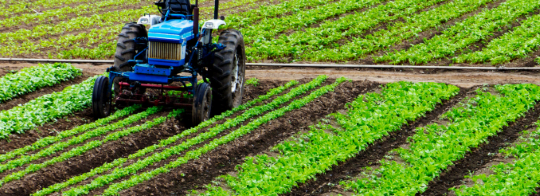During the first year of work, our partner AEIDL, together with the Use Case coordinators, has carried out a detailed analysis of the CAP Strategic Plan of the five countries (Spain, Denmark, Lithuania, Germany and The Netherlands) to identify the programmed interventions that support the specific value chains (wheat, dairy, organic apple, pig sector, onions and potatoes) and the selected CSA practices such as:
- No-tillage system
- Cover crops
- Organic production
- Slurry handling
- Feed conversion to 100% forage
- Biodiversity management at farm level
- Precision farming
- Energy optimisation
In addition, a dozen interviews have been conducted with national experts from each Use Case (CAP managing authorities, paying agencies, sectoral governance bodies or advisors) to better understand what is the public support to producers and the public financial incentive to implement more sustainable practices.
In this context of work, the BEATLES project considers extremely important the work of the EU Joint Research Centre (JRC) and the European Evaluation Helpdesk for the Common Agricultural Policy (CAP), to support the European Commission, to label all CAP Strategic Plans interventions according to a new Farm Practice classification in order to develop a common language to better understand Member States’ Plans.
The JRC developed the Farm Practice classification which consists of a scheme divided into 18 different sections (biodiversity-related practices, plant protection products-related practices, animal welfare practices etc.). Each section has three tiers, e.g. levels of details, meaning the classification contains about 300 farm practices. The labelling of all interventions from the CAP Strategic Plans will be made available through the new online ‘Catalogue of CAP Interventions’.
Irene Guerrero, JRC researcher, explained for the dedicated article of the European CAP Network (read here) that Member States have designed interventions that suit their specific needs and conditions, however, there are cases where different interventions prescribe similar actions, but with different terminologies.
The use of the Farm Practice classification will streamline the comparisons of programmed CAP interventions across Member States.
This simplification would greatly support the evaluation and monitoring of the CAP allowing a more standardised assessment of how well the policy is performing. By labelling interventions according to their farming practices, it would be easier to understand the contributions to the CAP goals and objectives, and to have a broader view of the efforts being made to tackle, for example, climate change, protect natural resources, preserve biodiversity or promote health.
Author: Blanca Casares (AEIDL)


